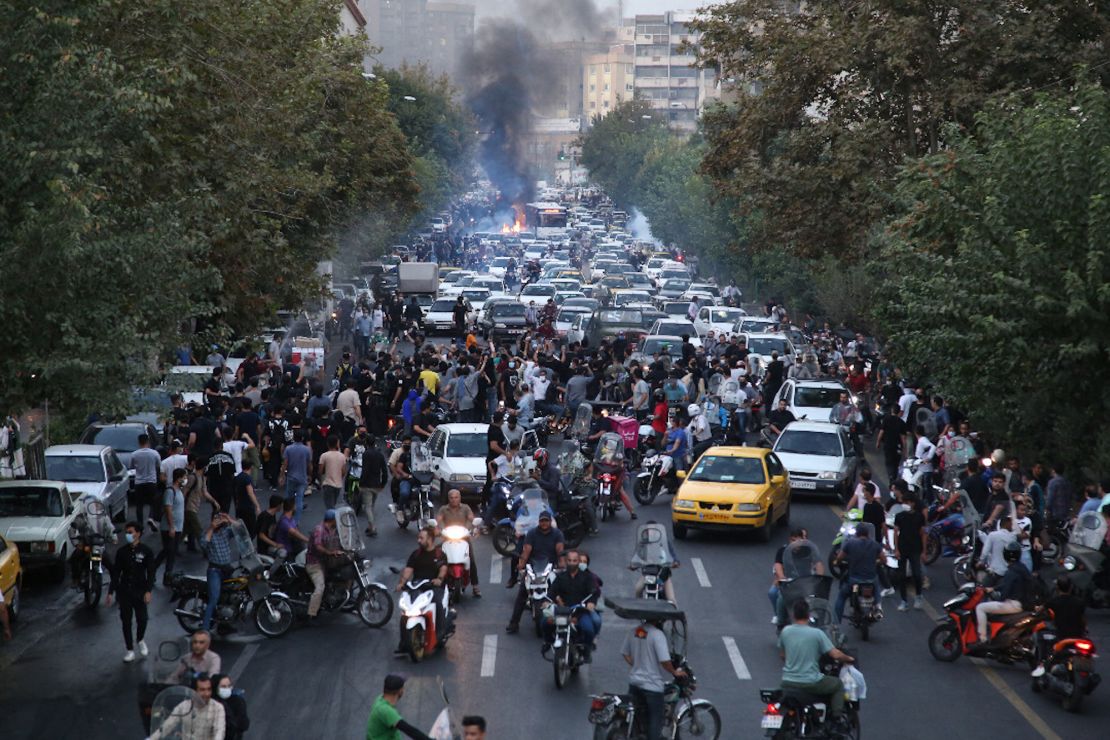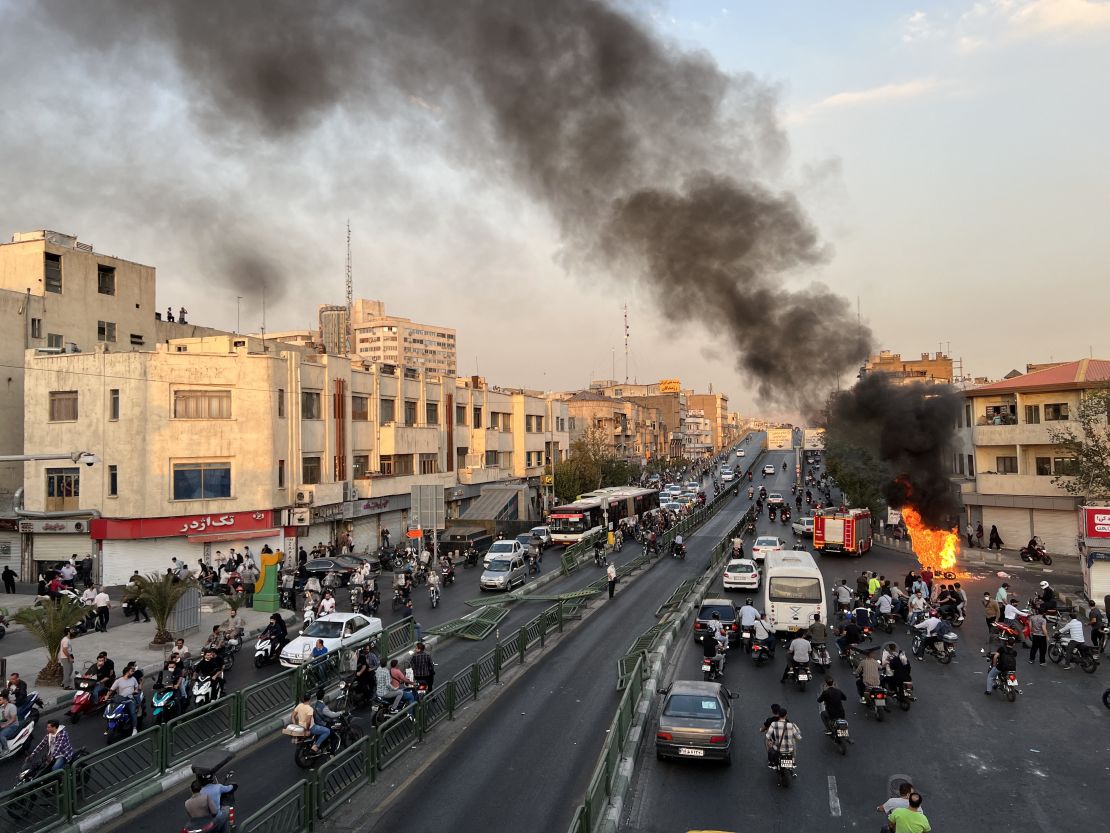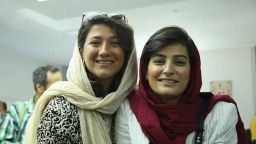Iran has charged about 1,000 people in the Tehran province for their alleged involvement in nationwide protests sparked by Mahsa Amini’s death in police custody, state news agency IRNA reported Monday.
The trials of those accused will be heard in public over the coming days, IRNA said, citing Ali Al-Qasi Mehr, chief justice of Tehran province. Iranian media said over the weekend that the trials for several demonstrators had started last week.
People who “have serious accusations, including assaulting or martyring security guards, and setting fire to public property … have been scheduled in Revolutionary Court,” Mehr said, according to IRNA.

The number of people indicted in Tehran province stood at 315 on Saturday, according to a separate tally by state-aligned news agency ISNA, which also reported that more than 700 others have been charged in other provinces across Iran.
This comes as Iranian authorities step up efforts to put an end to an uprising that has been ongoing in the country for more than six weeks.
The nationwide demonstrations were first ignited by the death of Mahsa (also known as Zhina) Amini, a 22-year-old Kurdish-Iranian woman who died in mid-September after being detained by the country’s morality police. Since then, protesters across Iran have coalesced around a range of grievances with the regime.
The head of Iran’s Revolutionary Guards, Hossein Salami, told demonstrators on Saturday that it would be their last day of taking to the streets.
“Put aside the wickedness. Today is the last day of the riots. Do not come to the streets anymore. What more do you want from the lives of these people?” he said during a funeral procession in Shiraz.
Salami called the protests a “conspiracy” that is the “product of the joining of polices of the United States, England, Saudi Arabia and the Zionist regime” – messaging that has been used repetitively by the regime.
“Don’t turn the university into a battlefield of America against the nation,” Salami said, adding that “a few students have been echoing foreign voices.”

Despite Salami’s warning, students continued to protest in large numbers at several of the country’s main universities on Sunday.
Videos obtained by CNN show violent clashes breaking out between security forces and student protestors.
Dissidents targeted
One of those arrested on Sunday was Toomaj Salehi, an underground Iranian rapper known for his lyrics against the Islamic Republic, according to IRNA.
Toomaj, who is known by his first name, was charged with “propagandistic activity against the government, cooperation with hostile governments and forming illegal groups with the intention of creating insecurity in the country,” the agency said, quoting the Esfahan province judiciary.
He was arrested in Chaharmahal and Bakhtiar province, west of Esfahan in southwest Iran, according to Fars News.
IRNA released a photo of Toomaj blindfolded in the backseat of a car.
“The accused played a key role in creating, inviting and encouraging riots in Esfahan province and in the city of Shahin Shahr,” IRNA reported.
Toomaj has become known as a prominent voice of the protests, tweeting out calls for demonstrations and reposting protest videos from around the country.
The lyrics to the last music video posted on his YouTube page on Oct 24 sing, “Someone’s crime was dancing with her hair in the wind. Someone’s crime was that he or she was brave and criticized … 44 years of your government. It’s the year of failure.”
A post on his official Twitter account confirmed the news that the rapper had been arrested. An administrator outside of Iran claimed to have permission from Toomaj to post on his behalf and keep the account active.

